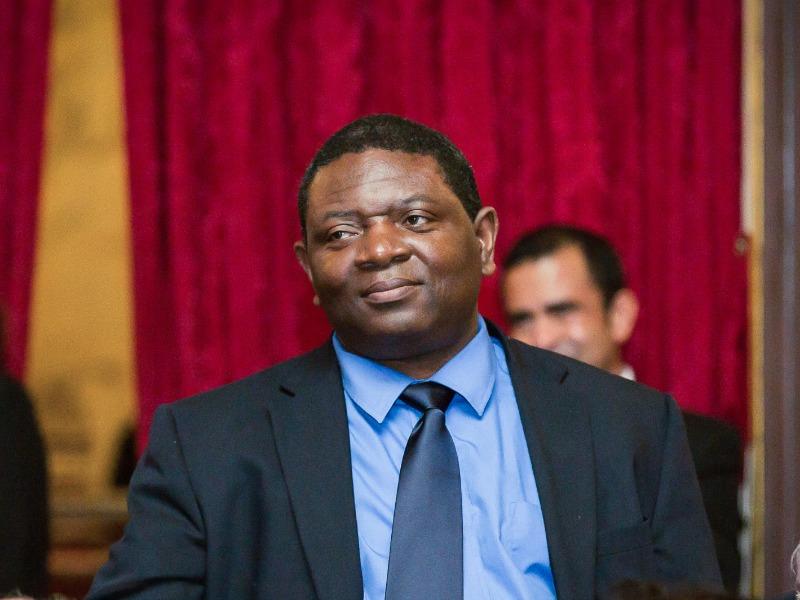Liberian lawyer and Tulane law alum wins prestigious global environmental prize
A Tulane Law alumnus who faced harassment and death threats in his fight to save Liberian tropical forests and preserve the rights of indigenous people, was the recipient of the prestigious Goldman Environmental Prize, one of the top international environmental awards.
Liberian lawyer Alfred Brownell (LLM ’02) was forced to flee his country over his efforts to save more than a half-million acres of tropical forests in his campaign against a Singapore-based palm oil company.
"Brownell's fearless activism in the face of intimidation, harassment, and death threats has protected 513,500 acres of Liberia's threatened forests - about 94 percent of the forest leased to GVL," the awarding body said in a statement published by CNN and others.
Brownell is widely recognized as one of the leading defenders of environmental and human rights in Africa. As a litigator, he has served as lead counsel not only to Green Advocates, an organization he helped found, but also to its community partners, which together represent thousands of indigenous peoples in West Africa. He has championed the recognition of the customary land and property rights of local communities and indigenous groups against logging, the palm oil industry and big agro. He is currently the Distinguished Scholar in Residence at Northeastern University School of Law Program on Human Rights and the Global Economy.
Brownell received the award April 29 in San Francisco; it is awarded each year to six recipients from six different continents who have worked, often risking their lives, to save the environment.
Brownell is never too far from Tulane Law; most recently, he gave the Tulane Environmental Law Center an update on his continuing battle to save the forests of his beloved country:
"I have witnessed firsthand the stigmatization, threats, violence and criminalization of indigenous peoples, local communities and defenders in my native Liberia. My own experiences for the last fifteen years have confirmed that a classic response from governments and businesses in recent time is not just to characterize legitimate grievances by indigenous peoples and local communities as anti-government, anti-development, and anti-investment. They are waging wars against indigenous peoples and individuals who are protecting the planet and its people by criminalizing their legitimate grievances and then threatening, arresting, intimidating, and imprisoning those who dare challenge this mode of development. The intent is clear. Asphyxiate free speech in the bud and quash any attempts by communities and indigenous peoples to participate in any decision-making process related to their land and natural resources."
Read his first-person account here, on page 14-16 of the Tulane Environmental Law Newsletter

